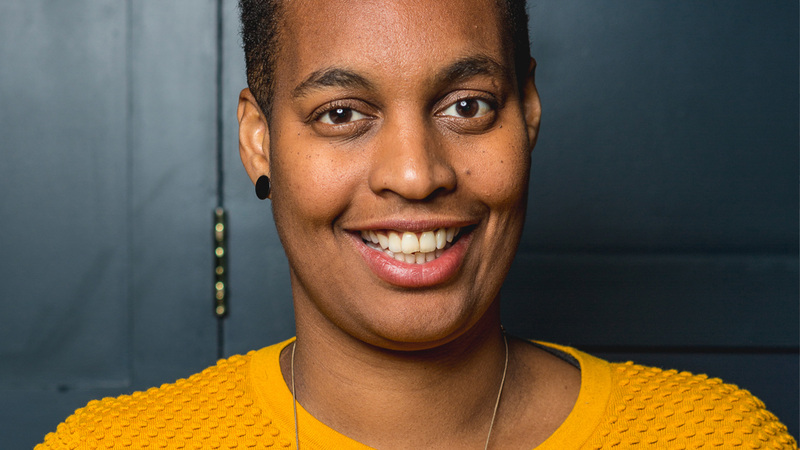You are viewing your 1 free article this month. Login to read more articles.
The art of the normal
Super Thursday has arrived early this year. Thanks to some overexcited reporting, the annual media frenzy that follows the yearly revelation that a lot of new hardback books are published in the autumn, has been focused on early September, rather than October, as we used to know it.
For numbers people, here are a few. Yesterday (3rd September) around 260 trade hardbacks were released, including books from Richard Osman and Ant & Dec. Come “real” Super Thursday on 1st October, we go again with some 450 trade hardbacks, a healthy increase on 2019, but mercifully down on 2018’s record.
This is not new, of course. For as long as there have been books, there appear to have been more of them than there are readers. Overproduction has often been denounced as a plague, but rarely have we done much about it. For publishers, a book is the thing that can cure all of our ills—just one more, as I’ve been known to say while on my way to the bar. It is easy to scoff, but the media’s fascination with this subject should not be taken too lightly, not least because for all of the smart campaigns that will be launched between now and December, this one costs us not a jot (except perhaps in reputation). In fact, we ought to be revelling in this big moment for books, just as we can take solace from how books kept us entertained and informed during the lockdown.
The trade is not just about big books (though we might like them), but also about the people who write and sell them. As the author Joanne Harris argues, for writers these weeks will likely just be “confusing, stressful and culminating in annihilation”. For booksellers, as pictures circulating on social media of stacks of as-yet-unopened deliveries suggest, it is both a physical and mental assault course.
This time around there is the added spice of having to contend with the new normal. We are often accused, in this sector, of denying the obvious. This year we cannot. In his half-year results address, Penguin Random House chief executive Markus Dohle talked about a world in which online book sales have become more important. He is not wrong; Covid has shown us all how fragile a supply chain can be when it is reliant on customers wanting to visit physical locations together. There may be a happy meeting point, of course. In July, indie bookshop owner Katie Clapham wrote on theBookseller.com of how selling online during the lockdown had “jump-started the bookselling chamber of my heart”.
Still, for me this big unboxing remains important. As a reader it is impossible not be thrilled by the new and the chance to browse. It remains the case too that for most books their chances of finding a reader are greatly enhanced by the possibility of landing on a bookshop shelf, or being read and recommended by a bookseller.
The reality is that this year’s Super Thursday could scarcely be better timed both as a promotional exercise for books, but also a philosophical poser. How does the new normal cope with an old habit?















